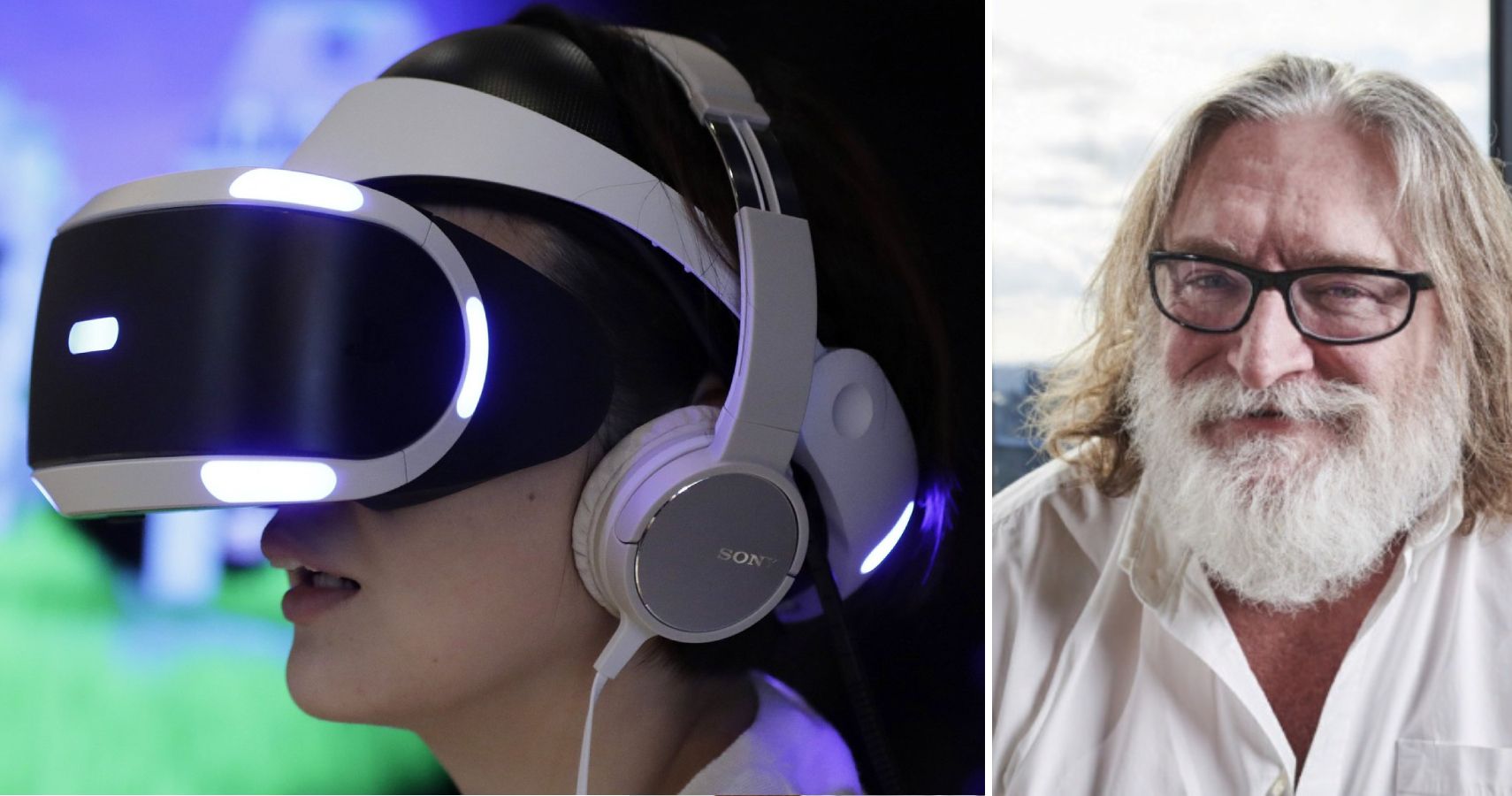VR gaming is continuously picking up speed, especially as VR tech grows more sophisticated. But one thing still stands in the way of many prospective players hopping on the VR bandwagon - the cursed phenomenon of cybersickness.
Cybersickness is essentially motion sickness, but VR Edition. Its symptoms generally include disorientation, vertigo, nausea, eye strain or headache, and can vary in severity from being pesky to completely debilitating. It's also a pretty common occurrence, affecting an estimated more than half of VR users, so it remains at the top of the list of obstacles for many developers in this field. That includes Valve too, apparently.
Co-founder and president of Valve Gabe Newell sat down and calmly chatted about a slew of fascinating topics earlier this year. Barefooted, Gaben mentioned nonchalantly how brain-computer interface (BCI) technology can be considered the future of gaming. "The real world will seem flat, colorless, and blurry compared to the experiences we'll be able to create in people's brains," he says.
In this interview, there's this particularly intriguing nugget of info he also glosses over:
"Right now, it's more of a certification issue than it is a scientific issue to suppress the vestibular-cochlear-based vertigo on VR headsets."
Here he is referring to what is generally believed to cause cybersickness - a sensory mismatch between the motion you're seeing whilst in VR Land, and the fact that your vestibular system in your ear isn't detecting any actual movement of your body through space.
So according to Newell, the science behind solving this sensory conflict isn't the main obstacle to overcome anymore. He even implies that it's already been solved; all you have to do is modify a VR headset with BCI tech to suppress the processes in your inner ear that causes this conflict. Duh.
Rather, it's the actual feasibility of implementing and "productising" such as thing, which is tricky to say the least. For one thing, the rate of learning and research in this field is so fast that as soon as one example of cutting-edge tech is produced, even more cutting-edge tech will emerge right behind it ready to take its place.
Then there are the inevitable growing pains many will feel with the thought of becoming "editable through BCI," which Newell says is inevitable with the way this technology is headed. So we're unsure when this kind of thing will be populating the store shelves, but chances are it'll be sooner than you think.
Source: YouTube



